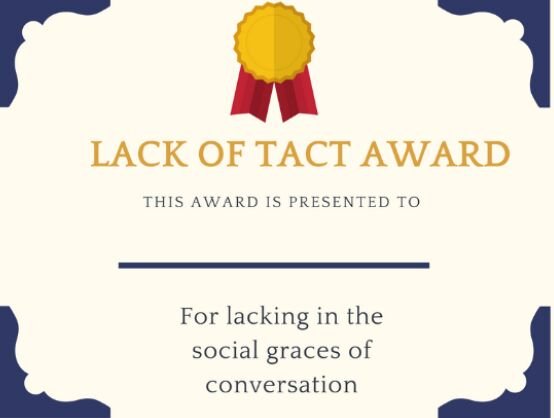 WHAT IS YOUR LEADERSHIP CRISIS QUOTIENT?
WHAT IS YOUR LEADERSHIP CRISIS QUOTIENT?
Leadership is not a set of skills that we can learn instantly to become a great leader.
Leaders face multiple challenges with leading people because the answer does not lie in a leadership program but a behavioral one.
Real leadership skills often surface under fire. The best in-field leaders are those who understand human motivation and use that to the environment’s advantage positively.
Here are three leadership story that can teach us important lessons about leadership and motivation.
.
Story 01: The Ship
This true story was recently made into a movie. When a merchant cargo ship was attacked by Somali pirates, the ship’s captain, called Captain Philips, decided to be taken hostage by the pirates to save the crew. After hours of stand-off between the pirates and the military, the pirates was finally taken down and Captain Philips rescued.
The lesson:
You might not be friends with your crew, but you must earn their trust. Captain Philips might not be the best people leader, but his crew trusted him completely. He believed that you don’t sail into a hurricane in order to get the cargo to port on time. Always put the safety of your people first.
He also had a habit of performing unannounced safety drills for his crew. One such drill was performed was just minutes before the pirates appeared. When the crisis happened, his people trusted that he knew what he was doing.
If you experience a crisis today as a leader, will your people trust you to do the necessary?
.
Story 02: The Plane
This is the story about the incredible landing of US Airway flight 1549 on the Jan 15, 2009, which was forced to land on the Hudson River when the plane malfunctioned.
Before the landing, the crew heard a very loud bang, after which flames from the engine started to emerge, followed by a dead silence and the smell of fuel. Both engines had died.
Flight crew on board described the landing as “hard landing with one impact and no bounce, followed by a gradual deceleration”.
The lesson:
After the crisis, the National Transportation Safety Board (NTSB) repeatedly told Captain Sully and his co-pilot that the simulations indicated they could have made a successful landing at the airport instead of having a forced landing at the river.
Captain Sully knew this was not accurate and emphasized that the human element was missing in the simulation. They repeated the simulation twice, this time with the human element. Both times, the planes crashed and burned.
When leaders experience trials, they should remain humble and open to learning, especially from people on the ground.
.
Story 03: The Run
The Boston Marathon in 2013 was a race without a finishing line. What was worth mentioning is not just the runners, but the civic leaders and responder involved in managing the crisis that occurred after two bombs went off.
The remarkable thing about the response to the incident is that no one was really in-charge and yet what the people accomplished was greater than anything else.
This was termed as the “Swarm Intelligence” – when everyone follows the same principles and rules, a few leaders can accomplish more together than any one leader could have achieved individually.
The lesson:
As leaders, do not allow your ego to influence your decision. Build relationship on the ground so that when a crisis happens, everyone has their hands on the deck and gives you vital intelligence and support to tide over the crisis.
Allow the power of swarm intelligence to help you achieve more than you think you can on your own.

